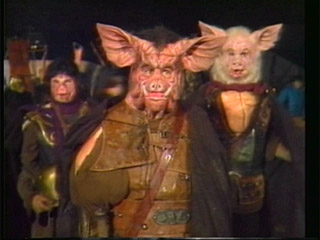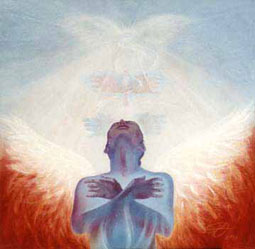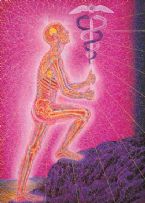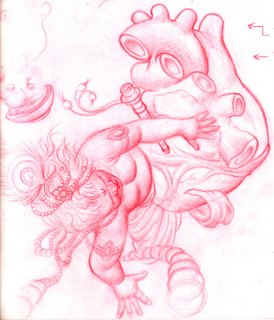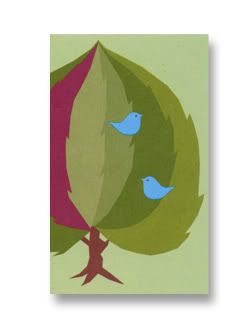 I developed instant liking for the works of Paulo Coelho when I read “The Alchemist”. It is a fairy tale about listening to our hearts and following our dreams. His books haunted me for the next few months one following the other. “The Pilgrimage” - an outcome of Paulo’s 500-mile journey on the Road to Santiago, an ancient Spanish pilgrimage; “The Zahir” - journey of a man obsessed with finding his wife who left him without an explanation; “Warrior of the Light: A Manual”- an inspirational manual with short passages to help being a warrior to become what one wants to be; By the river Piedra I sat down and wept - , love and passion transcending to eternity.
I developed instant liking for the works of Paulo Coelho when I read “The Alchemist”. It is a fairy tale about listening to our hearts and following our dreams. His books haunted me for the next few months one following the other. “The Pilgrimage” - an outcome of Paulo’s 500-mile journey on the Road to Santiago, an ancient Spanish pilgrimage; “The Zahir” - journey of a man obsessed with finding his wife who left him without an explanation; “Warrior of the Light: A Manual”- an inspirational manual with short passages to help being a warrior to become what one wants to be; By the river Piedra I sat down and wept - , love and passion transcending to eternity.With no intention to work and to go around to see people and places, this weekend, I decided to finish his next book in my list, “Eleven Minutes”. What does it take just eleven minutes to accomplish, but still is the very source of life. Yeah, you got it! Love making, act of sex, intercourse, copulation, mating, whatever you call, it all means the same. There is a book by Irving Wallace that runs around the censorship of a book called “Seven Minutes” that deals with sex. Though Wallace was very conservative in estimating the time involved, Paulo has allocated a reasonable lapse of time. I cannot certify the authenticity of the lapse time, as I have never tried it with a stop watch! With the partial and fragmentary knowledge acquired when I was a teen, I can state that, it is relative based on various factors love, passion, reverence, involvement, compatibility, breath,.. Let me stop here and discuss the book.
The book starts like “Once upon a time there was a prostitute called Maria. Wait a minute. “Once upon a time” is how all the children’s story begin and “prostitute” is a word for the adults. How can I start a book with this apparent contradiction? But since, every moment of our lives, we all have one foot in a fairy tale and the other in the abyss, let’s keep the same beginning. Once upon a time there was a prostitute called Maria. Like all prostitutes, she was born innocent and as a virgin………..” Is it tempting you to start the book right away? Here are some excerpts I loved in this book.
“The roller coaster is my life; life is a fast, dizzying game; life is a parachute jump; it’s taking chances, falling over and getting up again; it is mountaineering; wanting to get to the very top of yourself and to feel angry and dissatisfied when you don’t manage it.”
“Honor, Dignity, Self-respect. Although, when I think about it, I’ve never had any of those things. I didn’t ask to be born, I’ve never found anyone to love me, I’ve always made wrong decisions – now I’m letting my life decide for me”
Further, the book narrates the bitter and adventurous experiences of Maria. The way she plays the role of either an Innocent Girl or Femme Fatale or Understanding Mother based on the customer’s mind set; her love with Ralf Hart, the artist who discovers the light in her; her conversations with Heidi, the librarian who had led a hypocritical life; transcending pain, suffering and pleasure, the sacred prostitution and more. At the end of every chapter, there is an excerpt from her diary, which is sure to impregnate reader's mind. The book is based on the real life and experiences of people. If you like reading books, don't miss Eleven Minutes.







